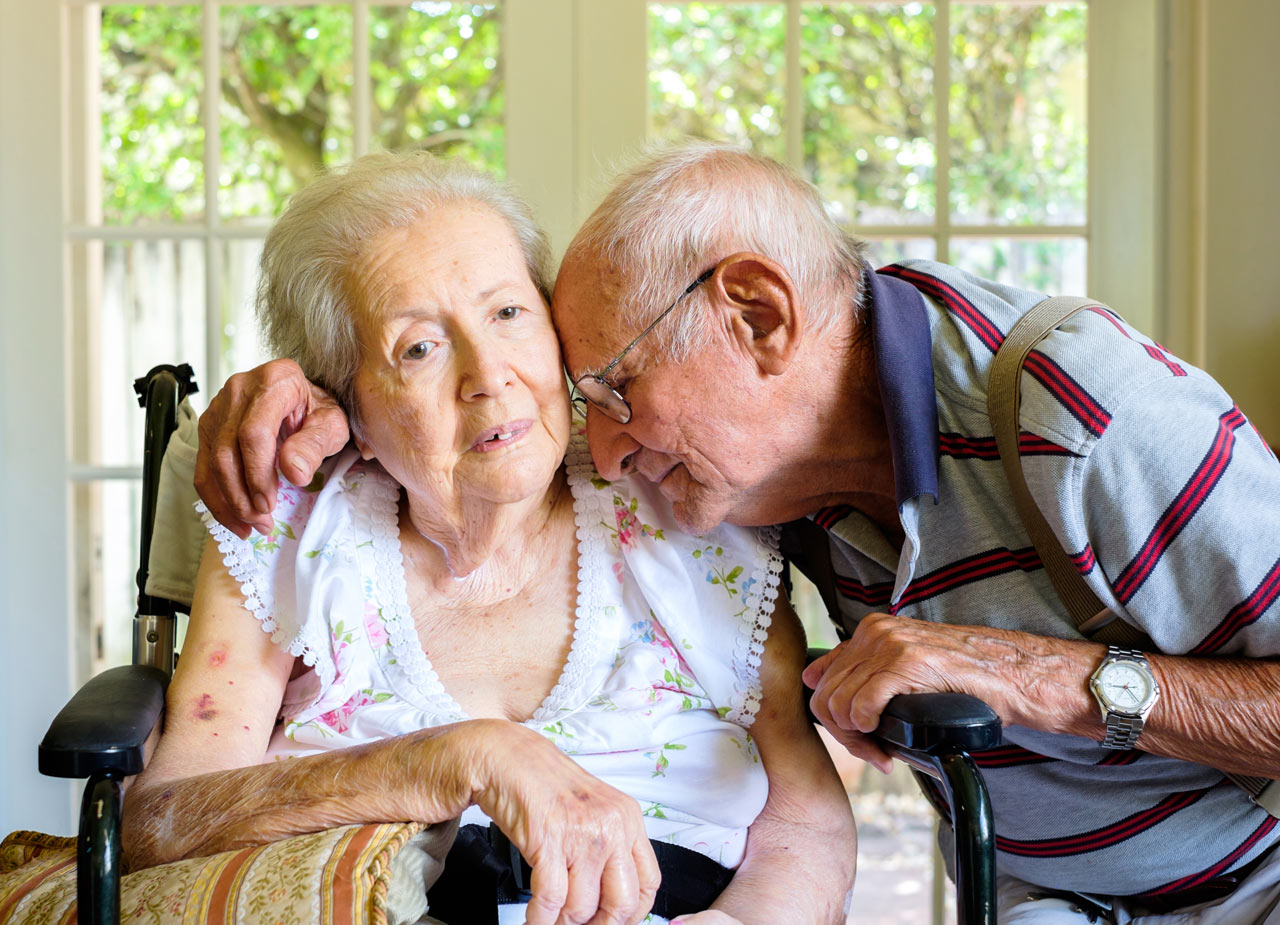The Resilient Caregiver during, and after, the Pandemic
Some tips and advice on how to give yourself a break and recharge
Caregiving during corona has been particularly hard. Even if you are not doing the actual physical work, the burden of responsibility for a loved one has been compounded. There are so many more risks. Medical fragility has been compounded. How much PPE? How much protection? How much exposure? So many questions that are faced regularly.
Risk assessment is constant. Everything has become intensified.
The question of who really knows, exacerbates each decision. We don’t know very much about the pandemic. Whom shall we trust in order to make choices that affect life and death.
In the face of all of this, on top of a year of isolation, how can one deal with the long-term increased strain of caregiving responsibilities?

Addressing the hardship directly with a can do attitude, say professionals, is key to resilience as a caregiver now. Telling yourself, this is hard but I can do it.
Building one’s strength and ability to manage the increased strain is smart. Here are some practical tips for building resilience now.
- Focus on what you can do, not what you cannot solve. Address the possible.
- Think out of the box. Be creative about regrouping and using the time to get a break by finding meaningful activities that recharge you. “This is the year I am going to get a break and I will take a course in art appreciation that I never had time for.”
- Use the senses to impact your brain and mood. Music will do that. Listening to audio books will affect one’s spirits. So will aromatherapy and creating good smells by baking cookies or lighting aromatic candles. The motion of adult coloring is calming. So are exercise and walking.
- Creativity is an anxiety buster. Whether it is crafting, making collages, or painting, creating art and beauty will increase your patience for your responsibilities.
- Nature will magically restore a person and help him deal better.
- Celebrating one’s accomplishments and acknowledging that they were due to your own effort is beneficial. Keep a memento of an achievement or a piece you have created in a visible place as a reminder.
- Get support from a friend. It’s ok to ask someone to be your cheerleader. It’s a gift to receive.
- Give support to others. Be a giver and you will feel better.
- Getting a pet will lighten your mood and give you joy.
- Staying in touch with your feelings in a concrete way allows release and moving forward. Journaling is an easy way to do that.
- Acknowledging mistakes and learning from them puts you in a forward thinking mindset. That helps resiliency. Rumination is the enemy of resilience.
- Meditation and spiritual sustenance can take a person out of his worries.
- Finding meaning in something will give you purpose and vibrancy. Go out and find that meaning if you don’t have it.
Relevant links and articles
- How do I become a Home Health Aide in New York State?
- So, you want to be a paid caregiver in the CDPAP Program
- HHA Onboarding at Caring Professionals







